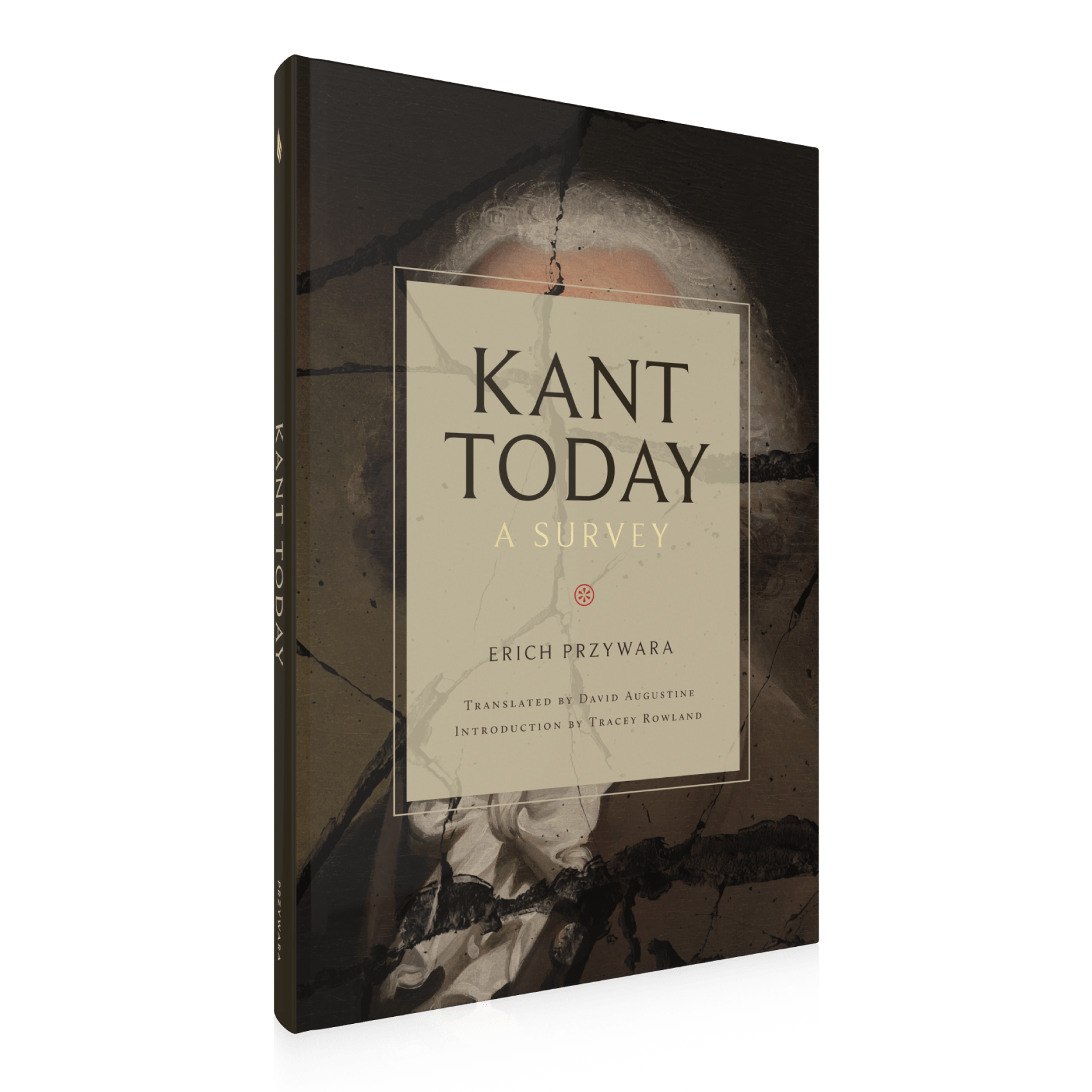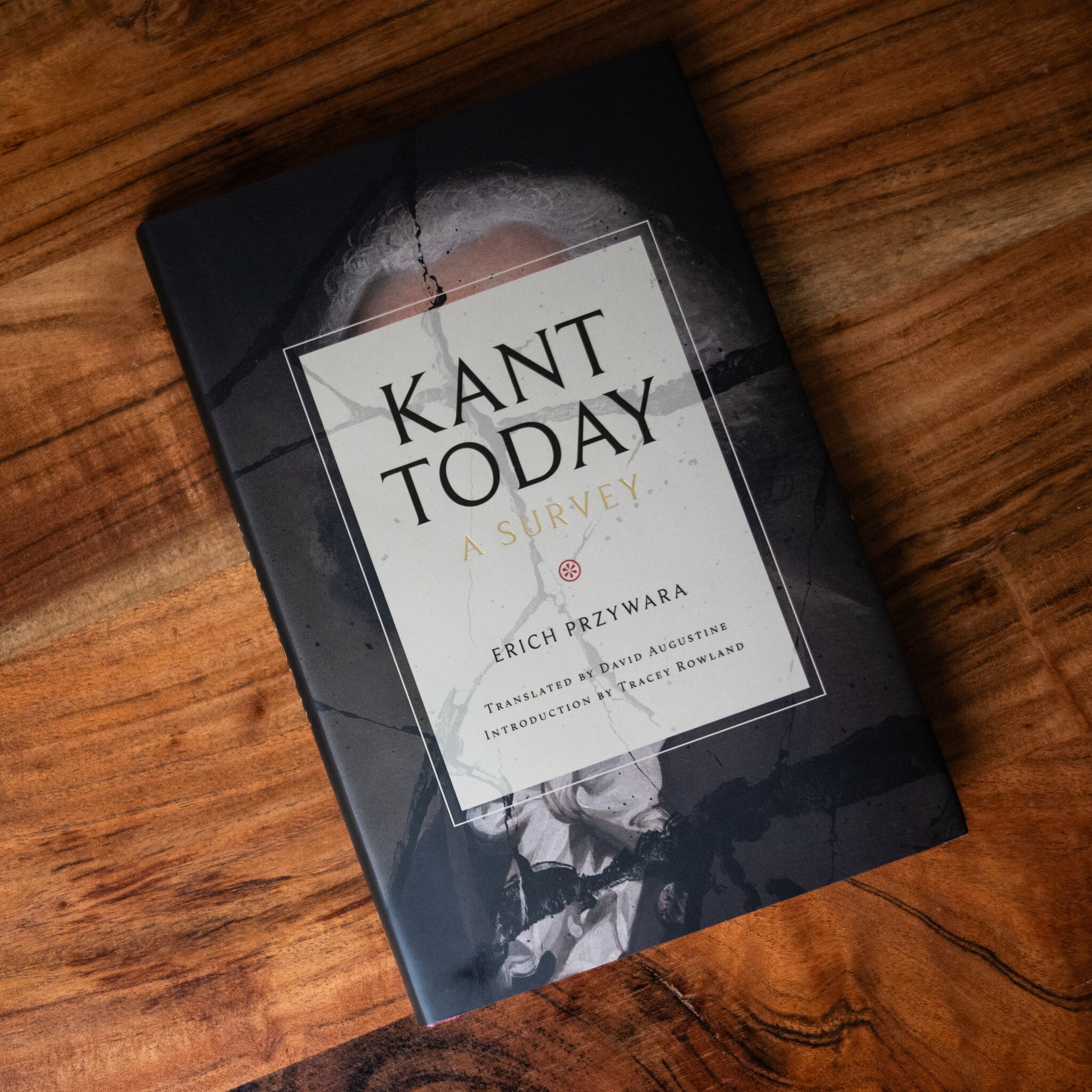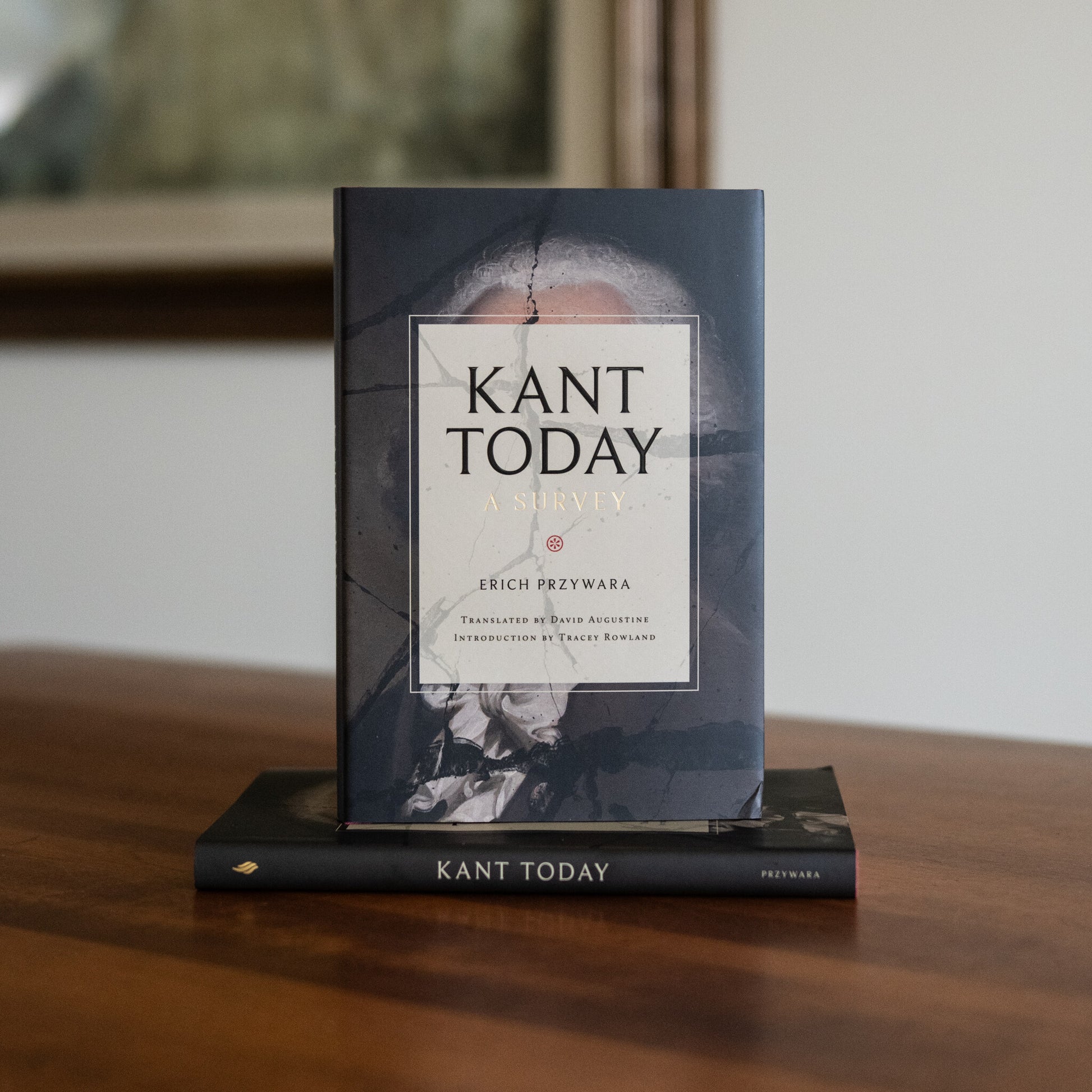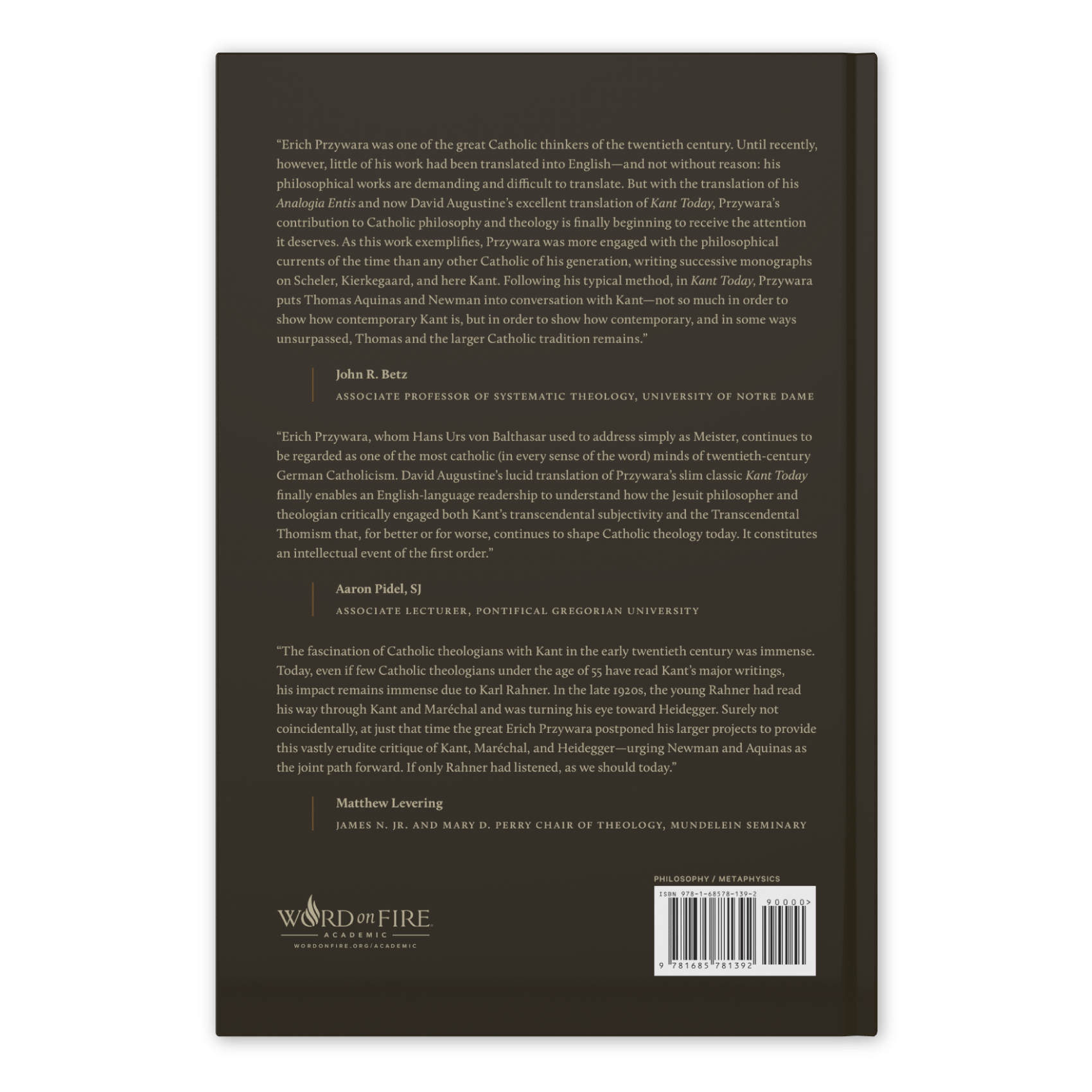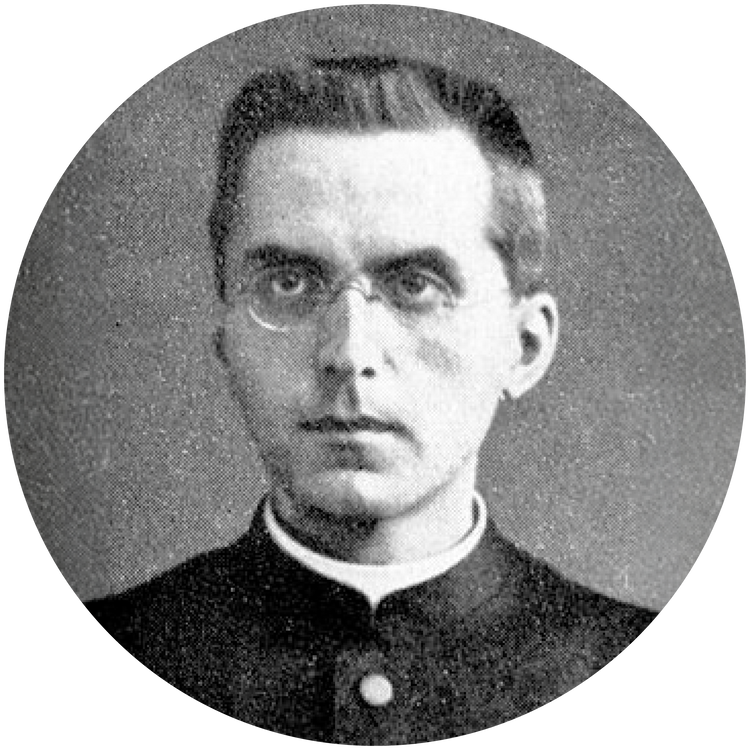
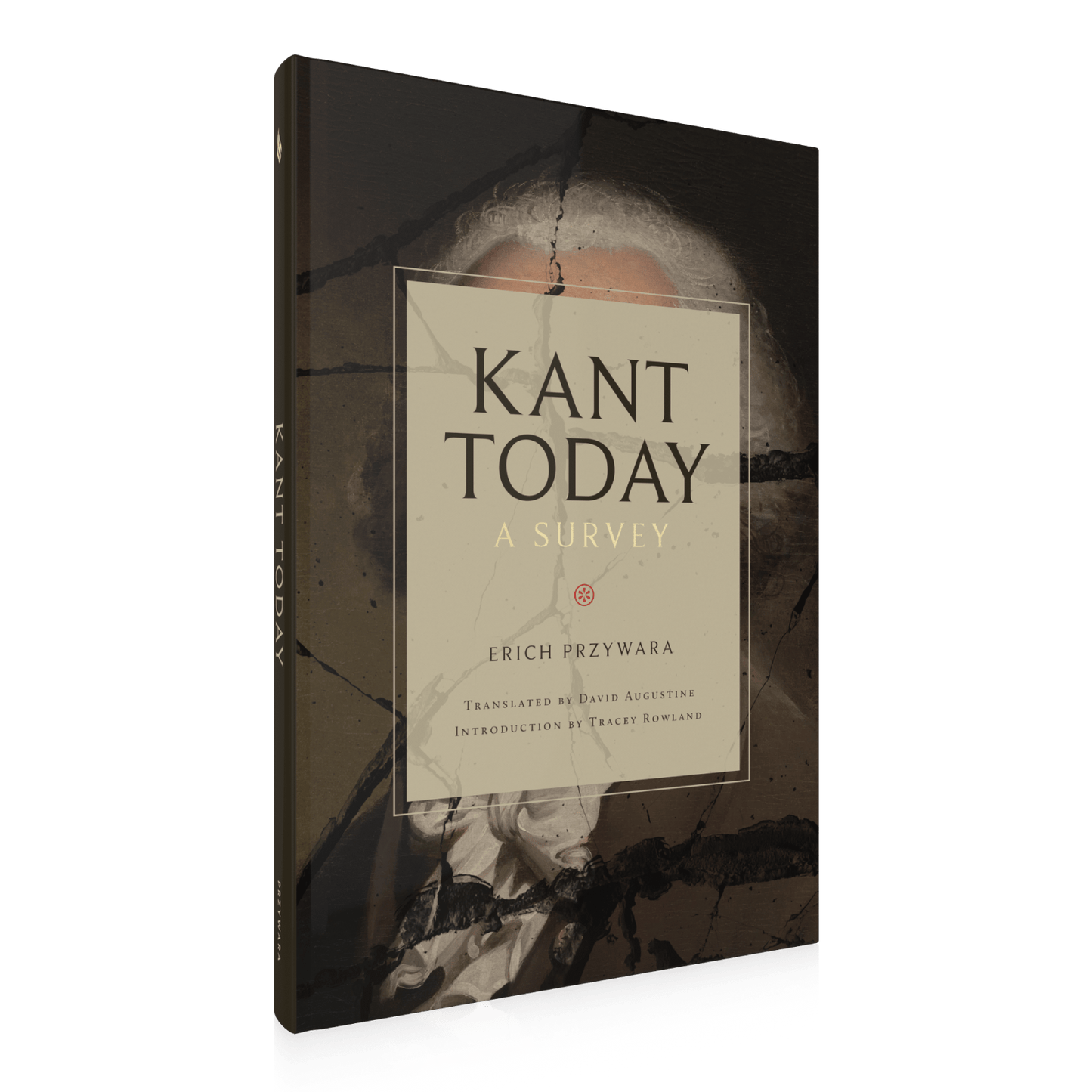
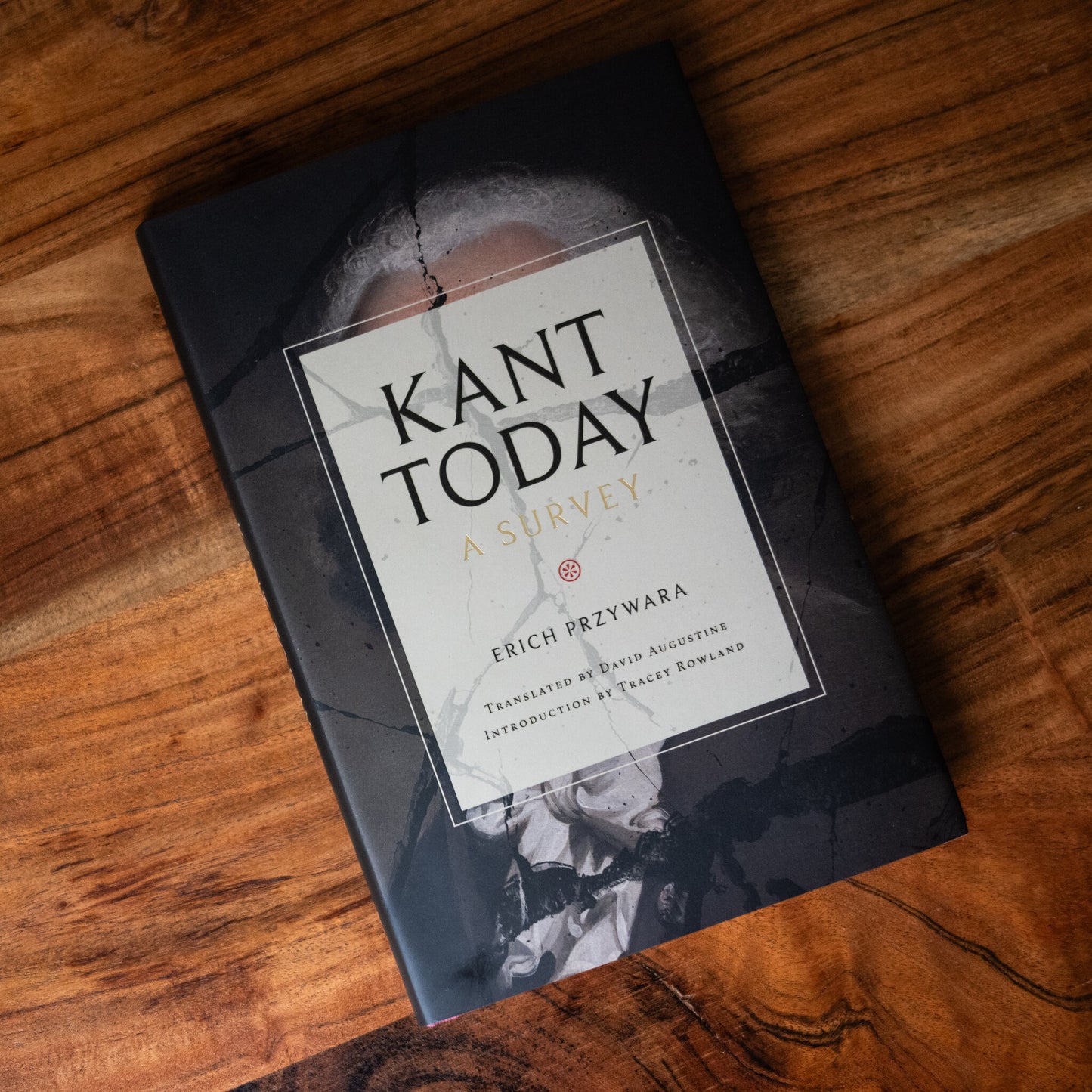
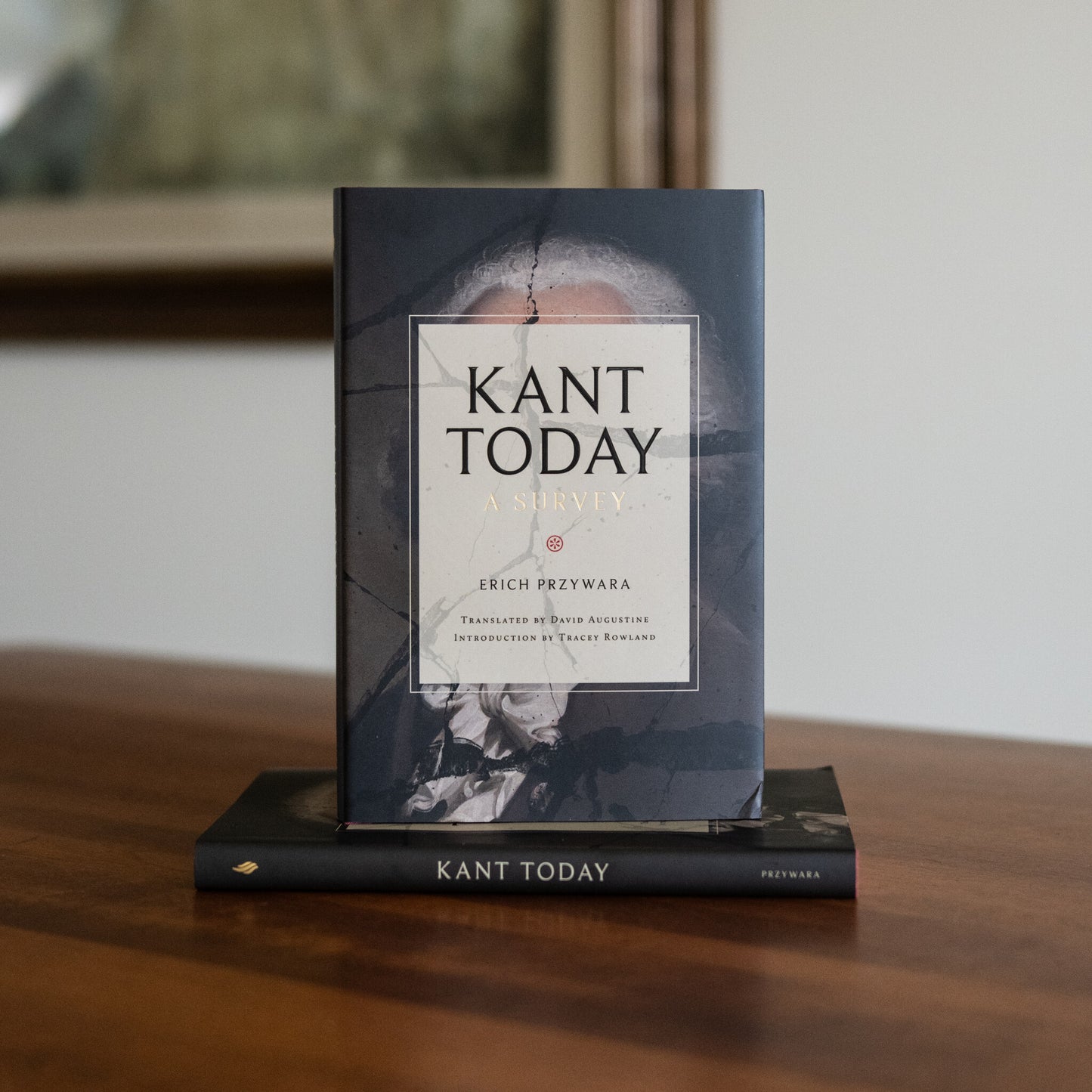
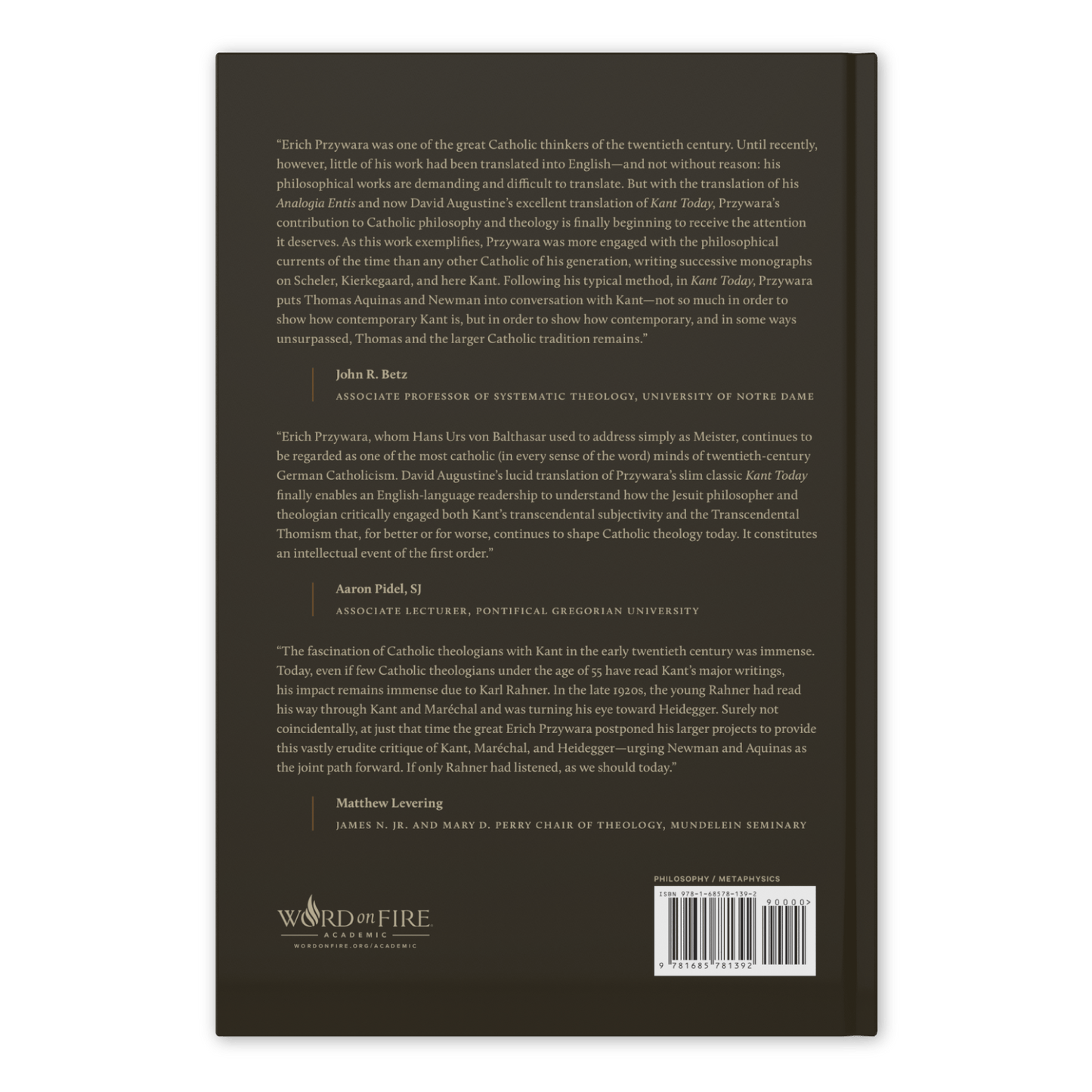





What People are Saying

“Erich Przywara was one of the great Catholic thinkers of the twentieth century. Until recently, however, little of his work had been translated into English—and not without reason: his philosophical works are demanding and difficult to translate. But with the translation of his Analogia Entis and now David Augustine’s excellent translation of Kant Today, Przywara’s contribution to Catholic philosophy and theology is finally beginning to receive the attention it deserves. As this work exemplifies, Przywara was more engaged with the philosophical currents of the time than any other Catholic of his generation, writing successive monographs on Scheler, Kierkegaard, and here Kant. Following his typical method, in Kant Today, Przywara puts Thomas Aquinas and Newman into conversation with Kant—not so much in order to show how contemporary Kant is, but in order to show how contemporary—and in some ways unsurpassed—Thomas and the larger Catholic tradition remains.”
—John R. Betz, Associate Professor of Systematic Theology, University of Notre Dame

“Erich Przywara, whom Hans Urs von Balthasar used to address simply as Meister, continues to be regarded as one of the most catholic (in every sense of the word) minds of twentieth-century German Catholicism. David Augustine’s lucid translation of Przywara’s slim classic Kant Today finally enables an English-language readership to understand how the Jesuit philosopher and theologian critically engaged both Kant's transcendental subjectivity and the Transcendental Thomism that, for better or for worse, continues to shape Catholic theology today. It constitutes an intellectual event of the first order.”
—Aaron Pidel, SJ, Associate Lecturer, Pontifical Gregorian University

“The fascination of Catholic theologians with Kant in the early twentieth century was immense. Today, even if few Catholic theologians under the age of 55 have read Kant’s major writings, his impact remains immense due to Karl Rahner. In the late 1920s, the young Rahner had read his way through Kant and Maréchal and was turning his eye toward Heidegger. Surely not coincidentally, at just that time the great Erich Przywara postponed his larger projects to provide this vastly erudite critique of Kant, Maréchal, and Heidegger—urging Newman and Aquinas as the joint path forward. If only Rahner had listened, as we should today.”
—Matthew Levering, James N. Jr. and Mary D. Perry Chair of Theology, Mundelein Seminary

